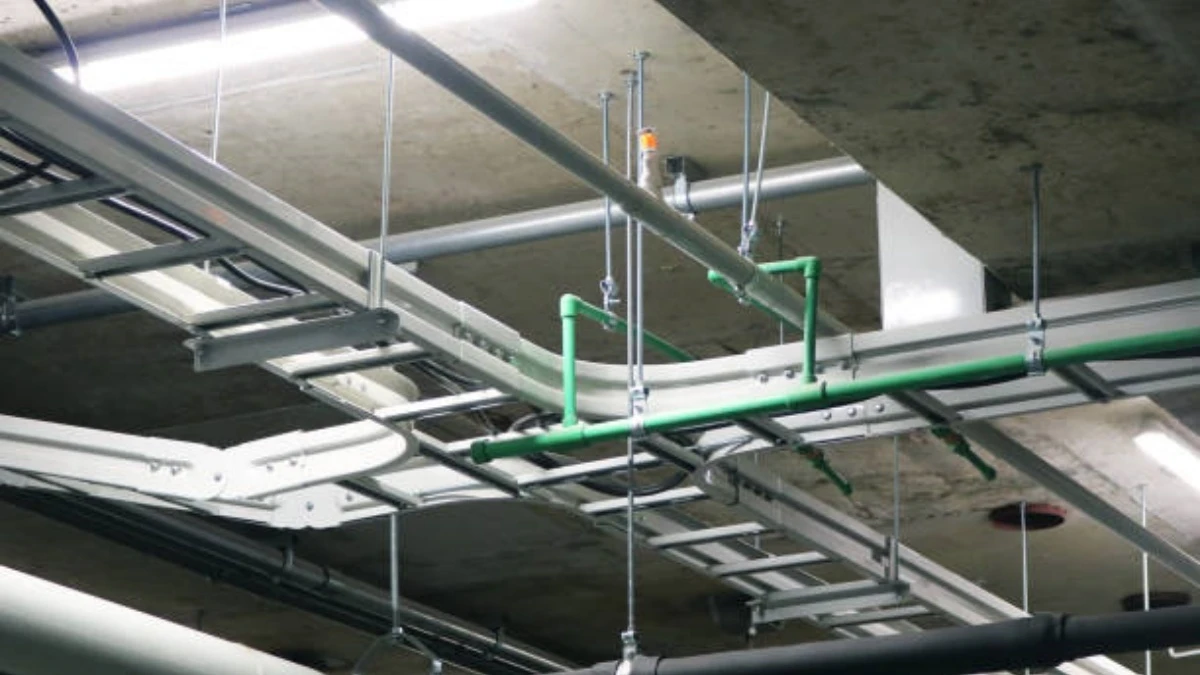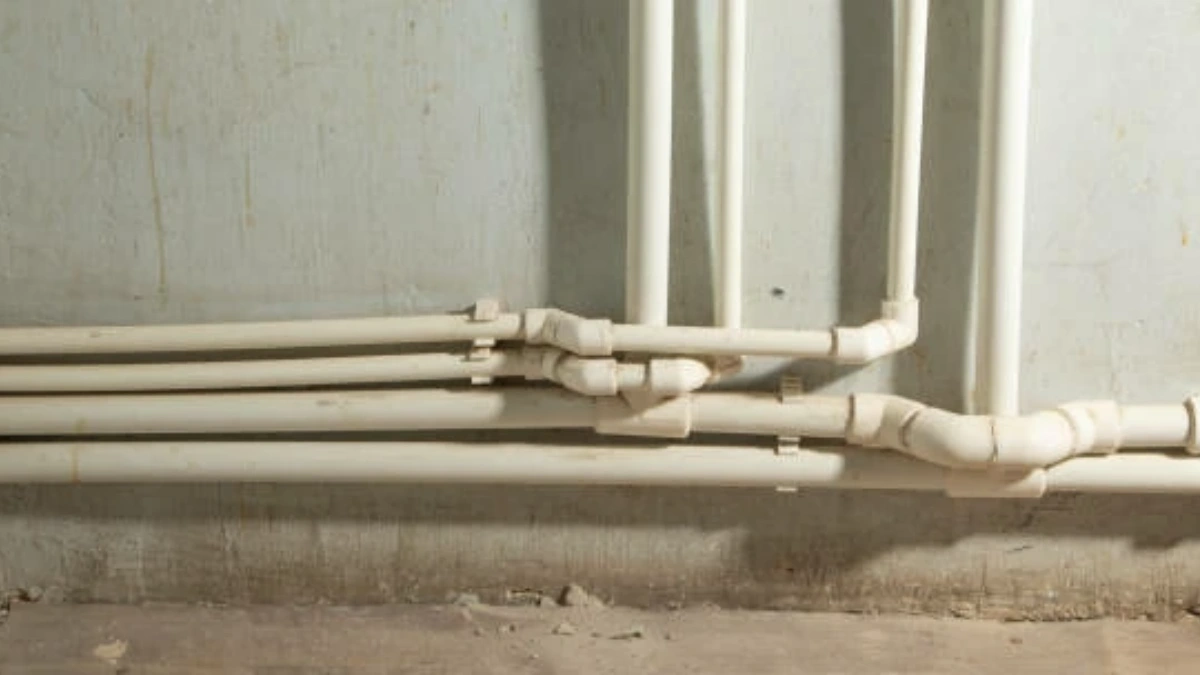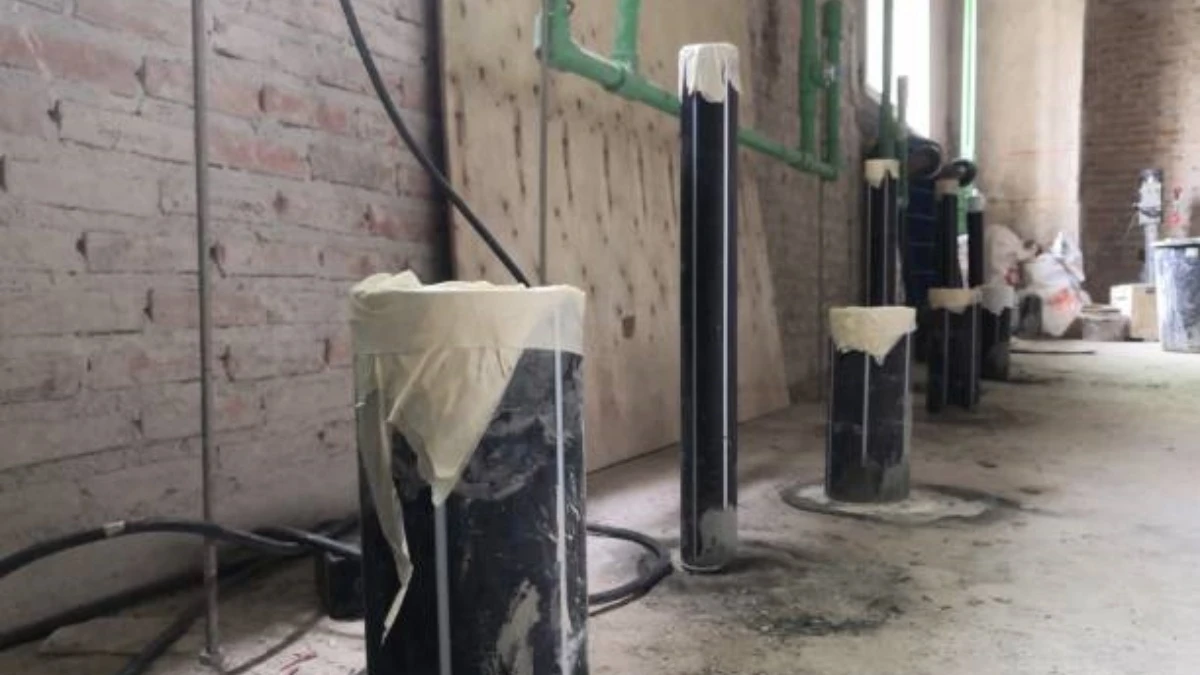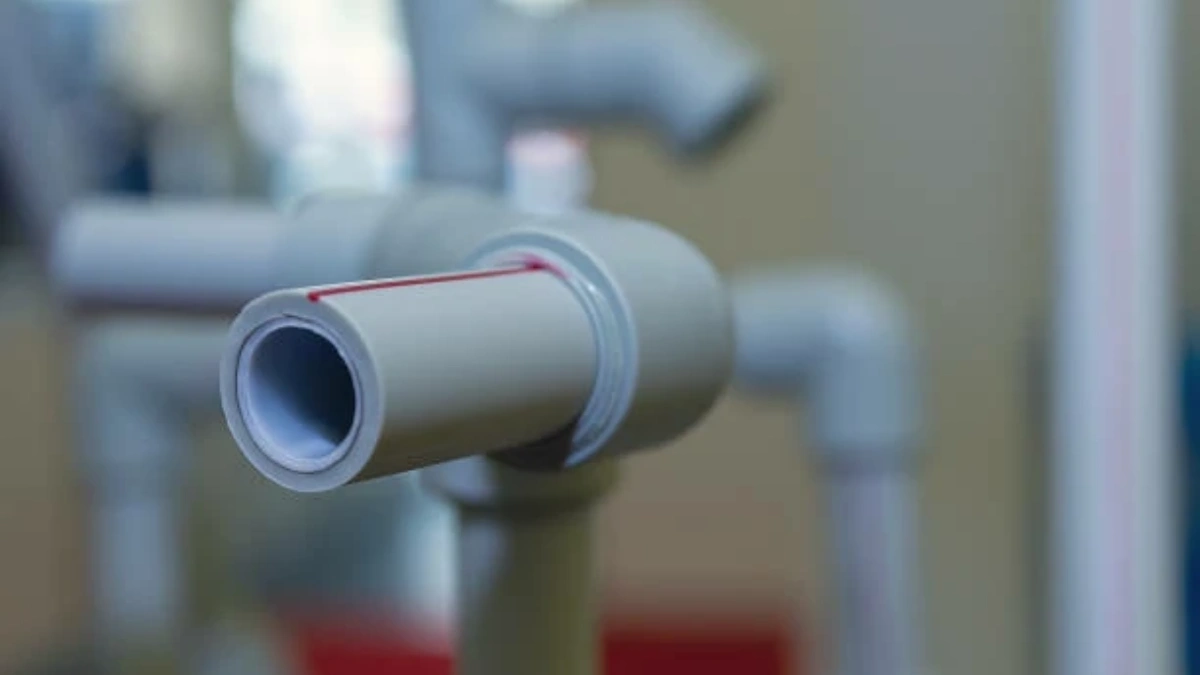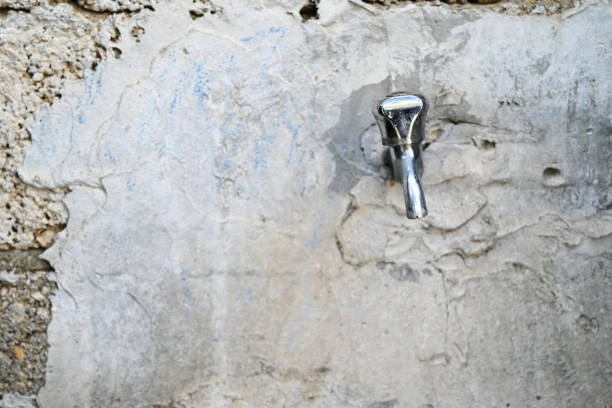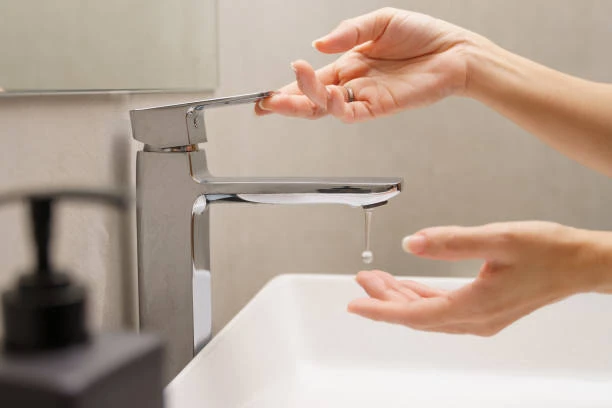In the ever-evolving world of plumbing, the significance of using high-quality materials cannot be overstated. One of the most crucial advancements in this sector is the development of anti-corrosion pipe fitting plumbing fittings. These fittings are designed to combat the detrimental effects of corrosion, ensuring a longer lifespan for plumbing systems. In this article, we will explore the importance of anti-corrosion fittings, their benefits, and their role in enhancing the durability of plumbing infrastructure.
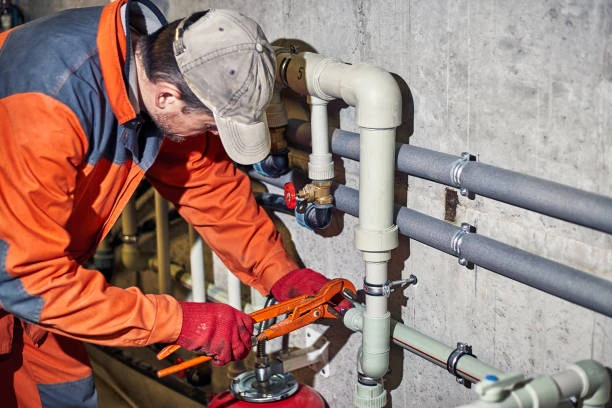
Understanding Pipe Fittings
What Are Pipe Fittings?
Pipe fittings are essential components in plumbing systems that connect pipes and help regulate the flow of fluids. They come in various shapes and sizes, designed to fit specific applications. Common types include elbows, tees, reducers, and couplings.
The Role of Anti-Corrosion Technology
Corrosion can significantly weaken pipe fittings, leading to leaks and failures. Anti-corrosion technologies are integrated into the manufacturing process of pipe fittings, enhancing their ability to resist rust and deterioration caused by moisture, chemicals, and other environmental factors.
Why Anti-Corrosion Pipe Fitting Plumbing Fittings Matter
1. Longevity of Plumbing Systems
Using anti-corrosion pipe fittings can drastically increase the lifespan of plumbing systems. Traditional metal fittings often succumb to rust and corrosion, requiring frequent replacements. In contrast, anti-corrosion materials can last much longer, minimizing maintenance costs and disruptions.
2. Improved Safety
Corroded fittings can lead to leaks, which pose safety hazards, especially in commercial and industrial settings. Utilizing anti-corrosion fittings reduces the risk of leaks and the associated dangers, ensuring a safer environment for everyone.
3. Cost Efficiency
While anti-corrosion pipe fittings may come at a higher initial cost, their long-term benefits far outweigh this expense. By reducing the frequency of replacements and maintenance, they ultimately save money over time.
4. Enhanced Performance
Anti-corrosion fittings are useful to maintain optimal flow rates, ensuring that plumbing systems operate efficiently. They resist the build-up of minerals and other deposits that can impede flow, contributing to the overall performance of the system.
Types of Anti-Corrosion Pipe Fitting Plumbing Fittings
Several materials are commonly useful in the production of anti-corrosion fittings:
1. Stainless Steel
Stainless steel is renowned for its corrosion resistance, making it an excellent choice for plumbing applications. Its durability and strength ensure that it can handle high pressure and harsh conditions.
2. Plastic (PVC and CPVC)
PVC and CPVC fittings are resistant to corrosion and chemicals, making them suitable for a wide range of plumbing applications. They are lightweight, easy to install, and do not rust, ensuring a long-lasting solution.
3. Brass
Brass fittings, often used in residential plumbing, offer good resistance to corrosion. They are sturdy and have antimicrobial properties, making them a safe choice for water supply lines.
4. Coated Materials
Some manufacturers apply specialized coatings to traditional metals to enhance their corrosion resistance. These coatings create a barrier that protects the underlying material from moisture and chemical exposure.
Installation Considerations
1. Professional Installation
To ensure optimal performance and longevity, it is advisable to have anti-corrosion fittings installed by professionals. Proper installation techniques are essential to prevent leaks and ensure that the fittings perform as intended.
2. Regular Maintenance
While anti-corrosion fittings are designed to resist deterioration, regular maintenance checks are still necessary. Inspecting for any signs of wear or damage can help catch potential issues before they escalate.
Conclusion
The use of anti-corrosion pipe fitting plumbing fittings is an essential aspect of modern plumbing systems. By enhancing durability, safety, and cost efficiency, these fittings play a crucial role in the overall performance of plumbing infrastructure. As industries continue to advance, embracing innovations like anti-corrosion technology will be key to maintaining robust and reliable plumbing systems.
FAQs
1. What are the main benefits of using anti-corrosion pipe fittings?
Anti-corrosion pipe fittings offer increased longevity, improved safety, cost efficiency, and enhanced performance by resisting rust and deterioration.
2. What materials are commonly useful for anti-corrosion fittings?
Common materials include stainless steel, plastic (PVC and CPVC), brass, and specially coated metals.
3. How can I ensure proper installation of anti-corrosion fittings?
It is advisable to hire professionals for installation to ensure that fittings are correctly installed and perform optimally.
4. Are anti-corrosion fittings more expensive than traditional fittings?
While they may have a higher initial cost, their long-term benefits, such as reduced maintenance and replacement costs, often make them more cost-effective.
5. How often should I inspect my plumbing fittings?
Regular inspections are recommended at least once a year, or more frequently if you notice any signs of leaks or corrosion.

